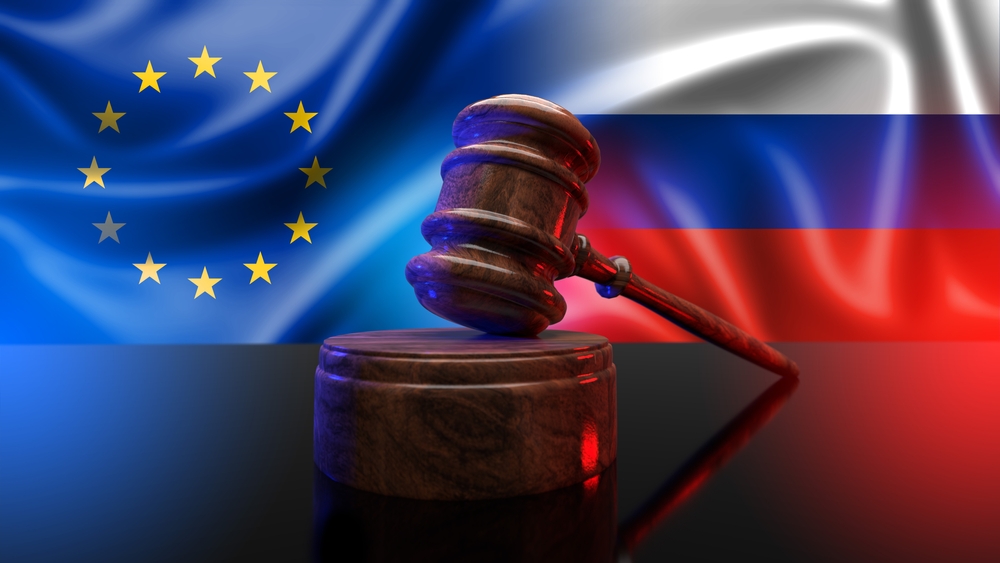Thu Sep 29, 2022
8th Sanction Proposal from the EU to Russia
The sanction race on the European Union (EU) and Russia line has accelerated again. 9 days after Russian President Vladimir Putin declared partial mobilization in his country on September 20, the EU announced the 8th package of sanctions against Russia.
At the press conference held by Ursula Von der Leyen, President of the European Commission, and Josep Borrell, High Representative of the EU for Foreign Relations and Security Policy, the duo stressed that they will not recognize the "fake" referendum of the separatists in eastern Ukraine and the annexation of Ukrainian territory, adding that Putin's nuclear threat and declaration of mobilization increased tensions.
In this context, three rounds of suggestions were made. First of all, it was emphasized that the import of some Russian goods will be banned and as a result of the inability of these goods to enter the European market, Russia will be deprived of the 7 billion euro income it has obtained from them. However, the details of which goods are on the sanction list have not yet been provided.
Subsequently, it was stated that restrictions would be imposed on the export of some goods produced in the EU to Russia, and in this way, it was aimed to deprive the Russian army of vital technologies in the military field. In the package, which also includes the service sector, it was stated that EU member Russian citizens would be prohibited from taking part in the activities of their companies in Russia.
On the other hand, a sanction package regarding Russian oil was also presented. Underlining that Russia has made significant profits from the sale of fossil fuels to finance the war, Commission President Leyen stated that the ceiling price in oil will help reduce Russian revenues and, also, keep the global energy market stable.
Finally, at the press conference, where it was stated that a new category was added on the issue of getting around the sanctions and getting rid of them, it was underlined that individuals who avoid them will 'personally' be taken to the list. As is known, the proposed sanction package must be approved by the 27 EU Member States. The package, which will subsequently be submitted to the European Parliament (EP), will enter into force if approved there.
Following the announcement of the package of sanctions, a stress increase was observed in the markets relatively. Ounce gold, which had request especially with the demand for a safe harbor, rose to 1662 levels with a %2 gain after its opening from 1629 yesterday. However, it could not keep its earnings and is currently priced at 1645 levels.
In the energy markets, which largely priced Western sanctions, the 8th proposal did not widely find a place. As a matter of fact, although brent oil prices recovered up to $88 by nearly %4 yesterday, it is struggling to maintain its gains. At this point, although it is possible to say that the proposal will alleviate somewhat the pressure on the energy group, the recession concerns in the markets and the monetary tightening cycle of developed countries still continue to be the main pricing story.

